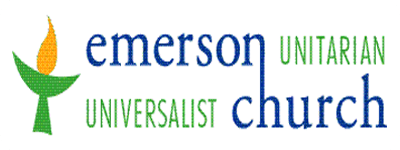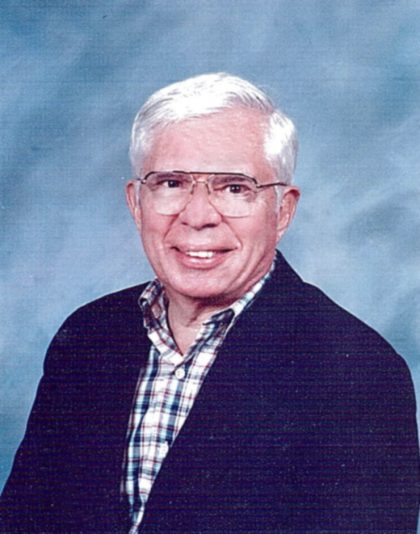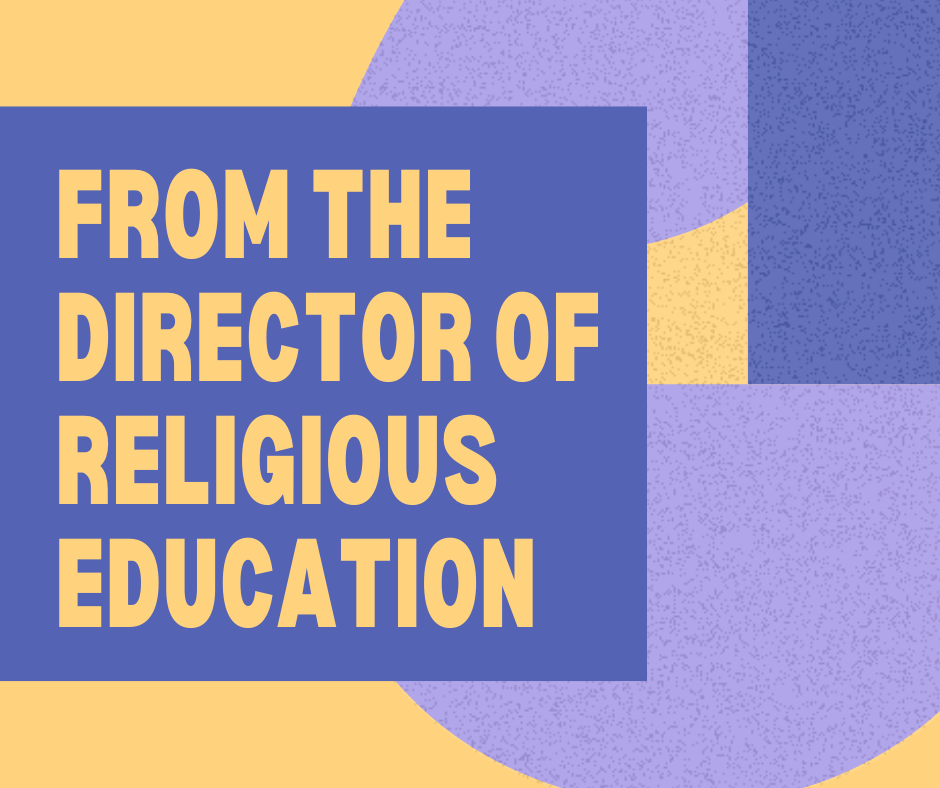by Gabriel Gelb
I’m a long-time active Houstonian with private health insurance and blessed to be enjoying the best medical care. But my faith causes me to be concerned about those who lack such coverage.
And I so appreciate all of the wonderful actions religious and non-religious folk have contributed to better the lives of the less
fortunate: United Way, Interfaith Ministries’ Meals on Wheels, the Salvation Army, Star of Hope Mission, and many groups and individuals who volunteer at a soup kitchen or provide other support to the homeless.
But then I think about the other dimension of helping reduce the number of less fortunate: social
justice. That means attempting to change the conditions that the poverty-stricken live under. There are many examples of citizens, including those in the faith community, helping to change how the less fortunate are treated. One of the best-known is the Reverend Martin Luther King, taking to the streets with protests that finally resulted in the ground-breaking Civil Rights Act of 1964.
Our faith communities, with their power of moral persuasion, have accomplished much.
We have many examples in Texas. In Houston, our Emerson Unitarian Universalist Church, in 2003 established and led the Harris County Drug Court Foundation to help finance rehabilitation and treatment for non-violent drug offenders. Religious groups that contributed to Emerson’s HCDC start-up efforts included the Catholic Archdiocese and Presbyterian congregations.
The Foundation has helped to graduate over 500 offenders who selected HCDC’s two year “get clean” rigorous regimen as an alternative to jail sentences.
In San Antonio, a coalition of committed denominations joined the campaign to provide finance pre-K English language learning centers for four-year-olds who spoke only Spanish and were thus handicapped when they entered kindergarten. Led by Mayor Julian Castro, that city’s voters actually passed a tax increase to pay for building and staffing four learning centers.
At the state level, Texas Impact, based in Austin, a statewide organization of Christian, Jewish and Muslim denominational leaders, and The Metropolitan Organization, Houston, mobilize faith communities to advocate for public policies that reduce structural inequities.
Today, many are concerned with the lack of affordable primary health care for those living in poverty: those who earn less than enough to pay for health insurance but too much to qualify for Medicaid, a coverage “gap.” Most of these families have a member who is working full- or half time but not earning enough to buy health insurance.
The federal government has offered to expand Medicaid eligibility to the 2.9 million Americans who qualify. But 19 states, including Texas, have opted out of this offer. In fact, Texas has the largest population of those who fall into the eligibility “gap,” a total of 766,000 men, women, and children, according to the Kaiser Foundation. Turning down Medicaid means that Texas would be turning down $100 billion over a 10-year period, according to CNBC financial news network.
Many in the faith community — appalled by this lack of compassion — have spoken up on this issue. The medical community has likewise advocated far broader help. For Texas hospitals, the cost of uncompensated medical coverage is said to be $5.6 billion. Those uncompensated costs in turn are being covered by taxes and insurance premiums paid by the state’s businesses and residents.
What can we, sitting in our houses of worship each week, do about this lack of compassion? Perhaps more clergy might consider delivering sermons calling on their congregants to contact state legislators prior to the 2017 session. Perhaps other concerned Texans will suggest additional ways to employ social action to help enhance the health of all Texans.
Let us recall Proverbs 31:8-9: “Speak up for those who cannot speak for themselves, for the rights of all who are destitute. Speak up and judge fairly; defend the rights of the poor and needy.”
I’m covered by health insurance but I should do more—and I will—to heed that admonition.
Gabriel M. Gelb was one of the three Emerson founders of the Harris County Drug Court Foundation.
The others are Dr. Maximillian Buja and Christel Erickson-Collins.






